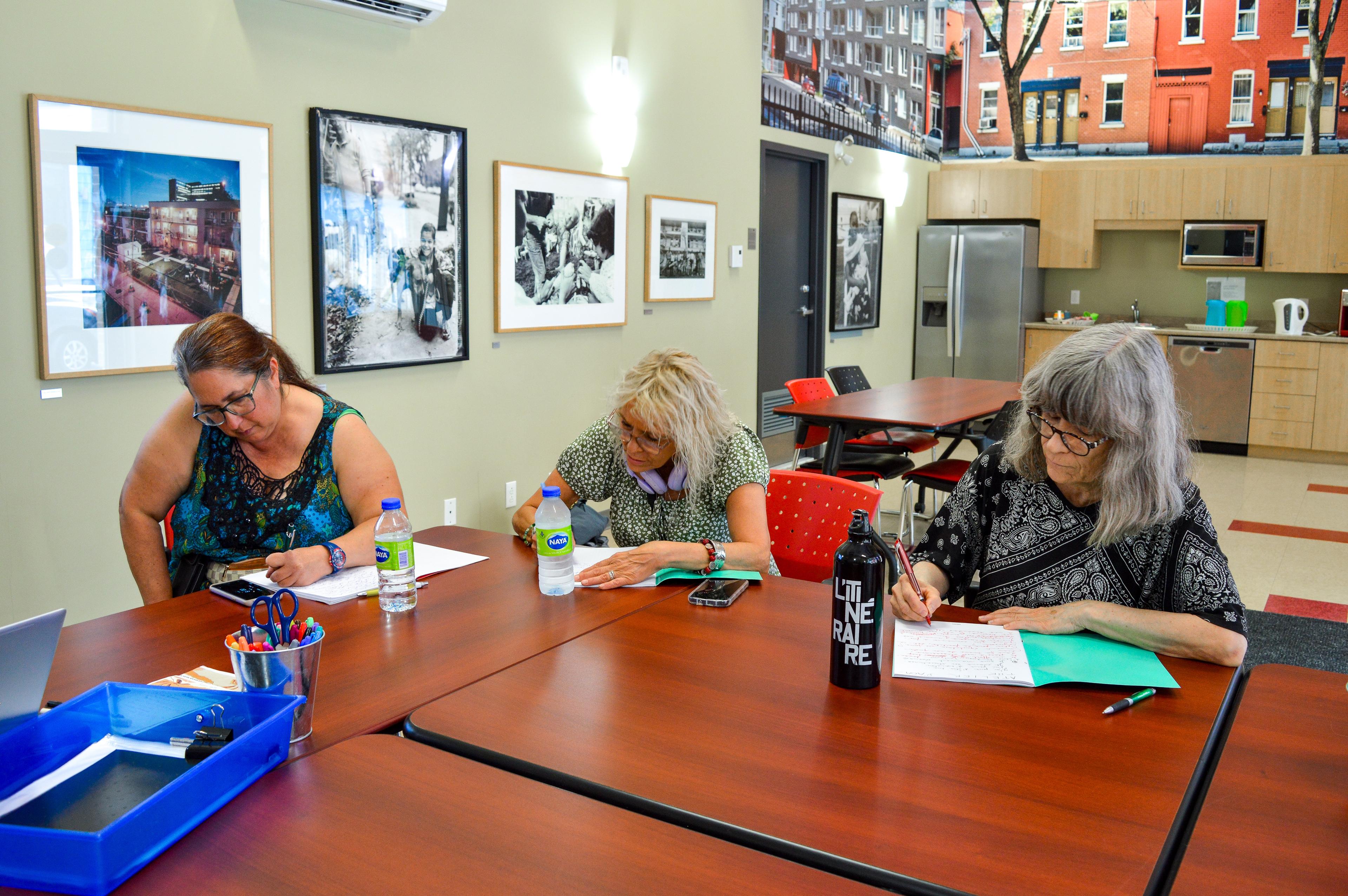Q&A: How The Big Issue Australia is empowering women through enterprise
Interview by Tony Inglis
- Street paper news

The Big Issue Australia’s Simone Busija tells INSP about the street paper’s Women’s Workforce project. Just as selling street papers is a pathway to a sustainable income, the Women’s Workforce is a means of providing another employment opportunity for women experiencing homelessness, marginalisation and disadvantage who may otherwise not feel comfortable selling magazines on the street. She explains the benefits of the programme.
INSP: What is The Big Issue Australia’s Women’s Workforce, and what was the impetus behind its creation?
Simone Busija: The Big Issue Australia’s Women’s Workforce (WW) was created in 2010 as a means of providing another employment opportunity for women experiencing homelessness, marginalisation and disadvantage who may otherwise not feel comfortable selling magazines on the street. The WW was formerly known as the Women’s Subscription Service, and provided women a regular fortnightly shift to pack magazines to subscribers of The Big Issue magazine and in turn, earn additional income. Whilst the women are still employed to pack subscriptions to our 2000+ subscribers, the enterprise has expanded into providing work opportunities through completing social procurement tasks for external organisations. The Women’s Workforce currently operates across four states in Australia.
How does the project work logistically?
The Big Issue Women’s Workforce provides business-to-business services with a difference. It provides work, training and pathway opportunities for women experiencing disadvantage and homelessness and gives them financial empowerment and hope for a brighter future. When women are financially empowered, they have access to more choices for themselves and their families.
When companies buy services from a social enterprise like The Big Issue, it’s called social procurement because your purchase not only delivers goods and services, but it also has positive social outcomes for the community. It’s a simple and effective way to have an immediate social impact as a built-in part of your supply chain and day-to-day business operations.
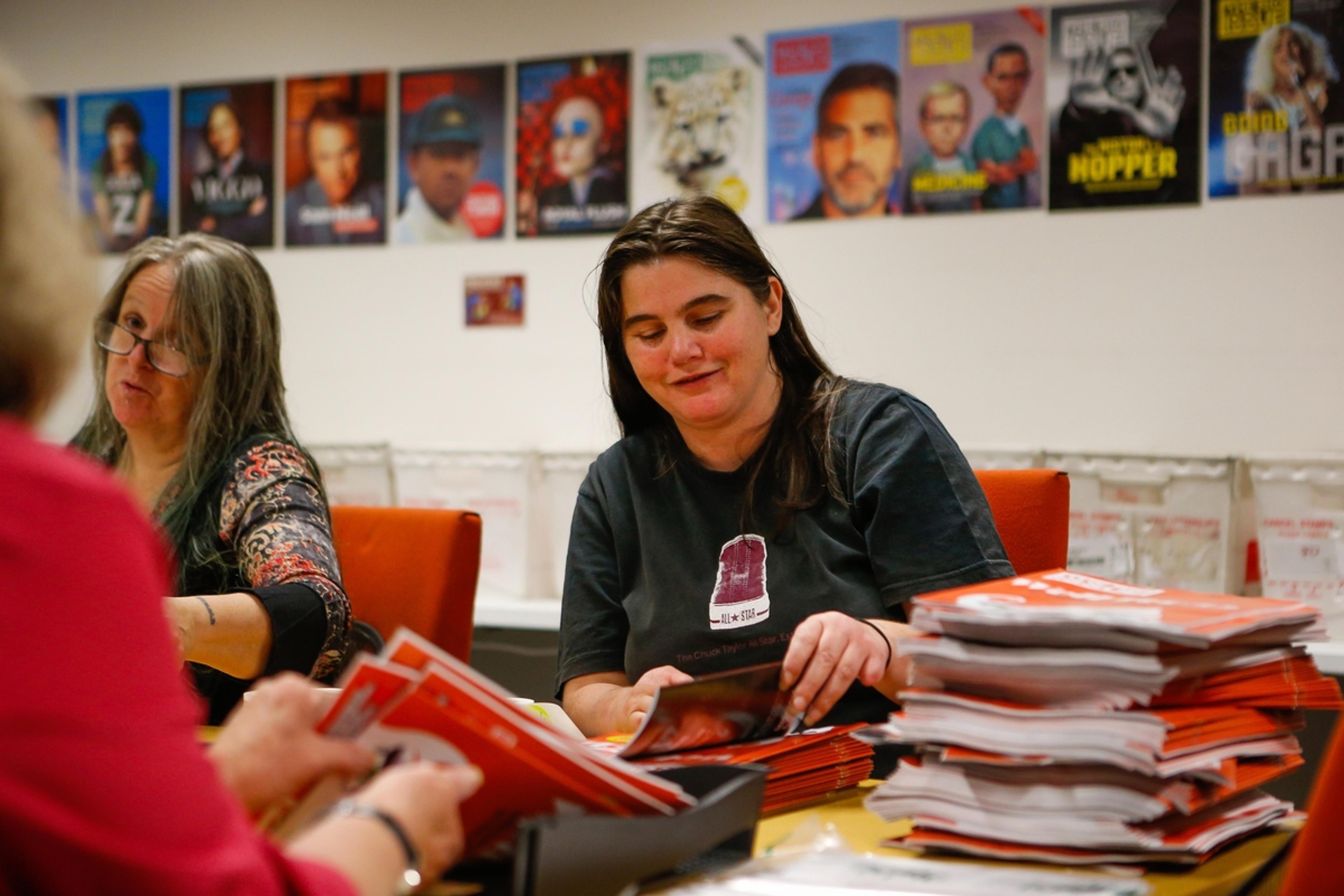
Women's Workforce beneficiary Lou. Courtesy of The Big Issue Australia.
What is the landscape for women experiencing homelessness in Australia at the moment?
More than 46,000 Australian women are homeless every night without safe or secure housing. The largest single cause of homelessness in Australia is domestic violence, which overwhelmingly affects women and children.
Older women are the fastest growing group to experience homelessness in Australia. The 2016 Census reported that the number of women over 55 experiencing homelessness increased by 31 per cent to 6,866 compared to 2011. This is an alarming statistic. This figure is almost double the growth rate for people experiencing homelessness in Australia. According to the last Census, the total number of people experiencing homelessness in Australia grew by 14 per cent to 116, 427.
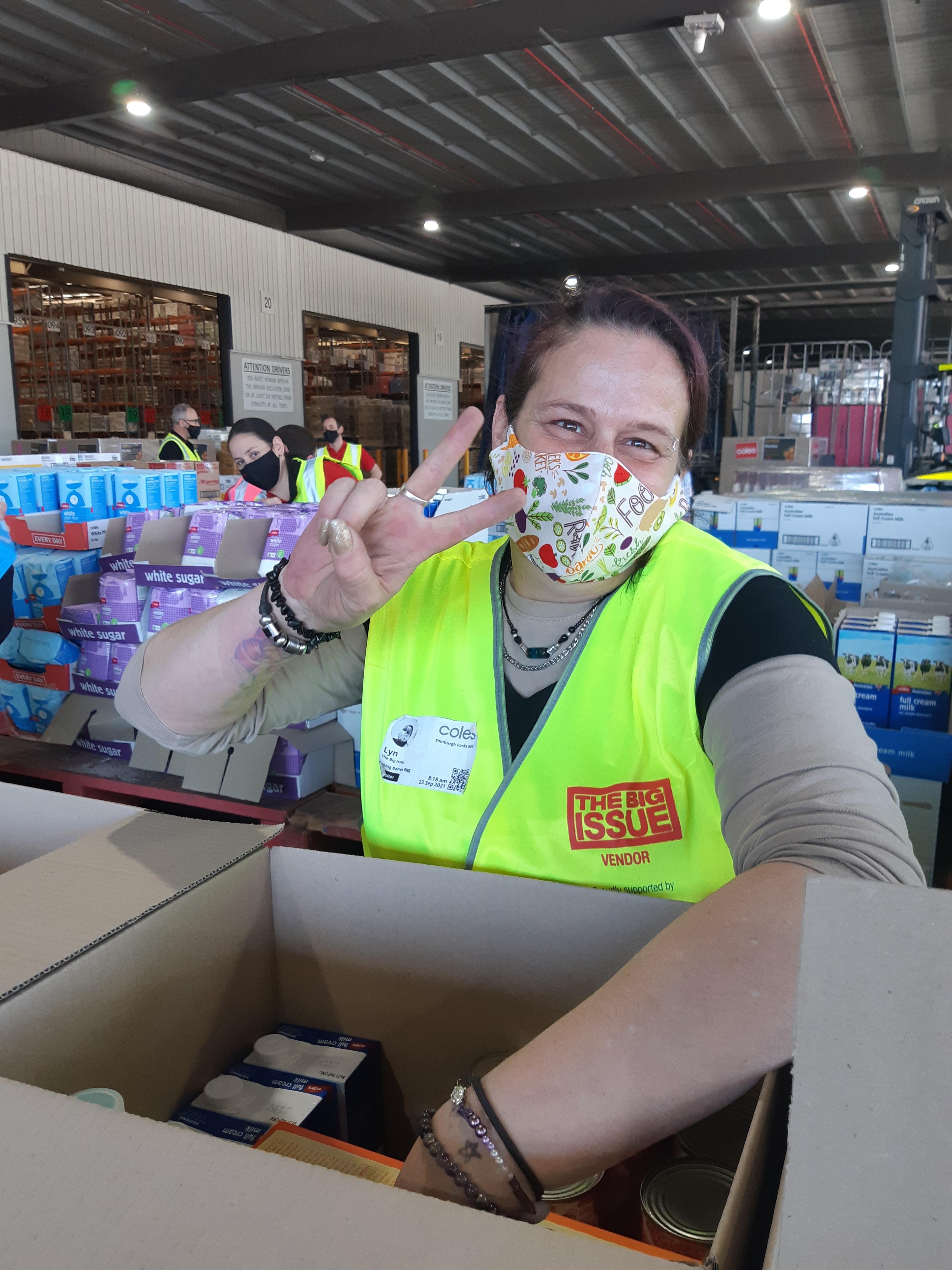
Women's Workforce beneficiary Lyn
Why is there a need for something like the Women’s Workforce?
There are many reasons why women experience homelessness however, domestic and family violence is a significant cause of homelessness for Women in Australia. Having a safe, secure and flexible working environment for women, like the Women’s Workforce gives women financial empowerment and allows them access to more choices for themselves and their families.
How successful has the Women’s Workforce been?
Since inception, The Women’s Workforce have employed more than 190 women. The Women’s workforce offers flexible, no barrier employment to women experiencing homelessness, marginalisation and disadvantage. Some women have been in the WW since inception, whilst others have found the WW to be a great way to transition back to mainstream work. Seeing women gain confidence and learn new skills is a wonderful outcome of this enterprise.Some women have gone on to successfully gain employment elsewhere such as Olivia featured in our brochure attached.
Support our News Service
We believe journalism can change lives, perceptions, and society - underpinning democracy for a more equitable world. Learn more about the INSP News Service and how to support it here.
You may also be interested in...
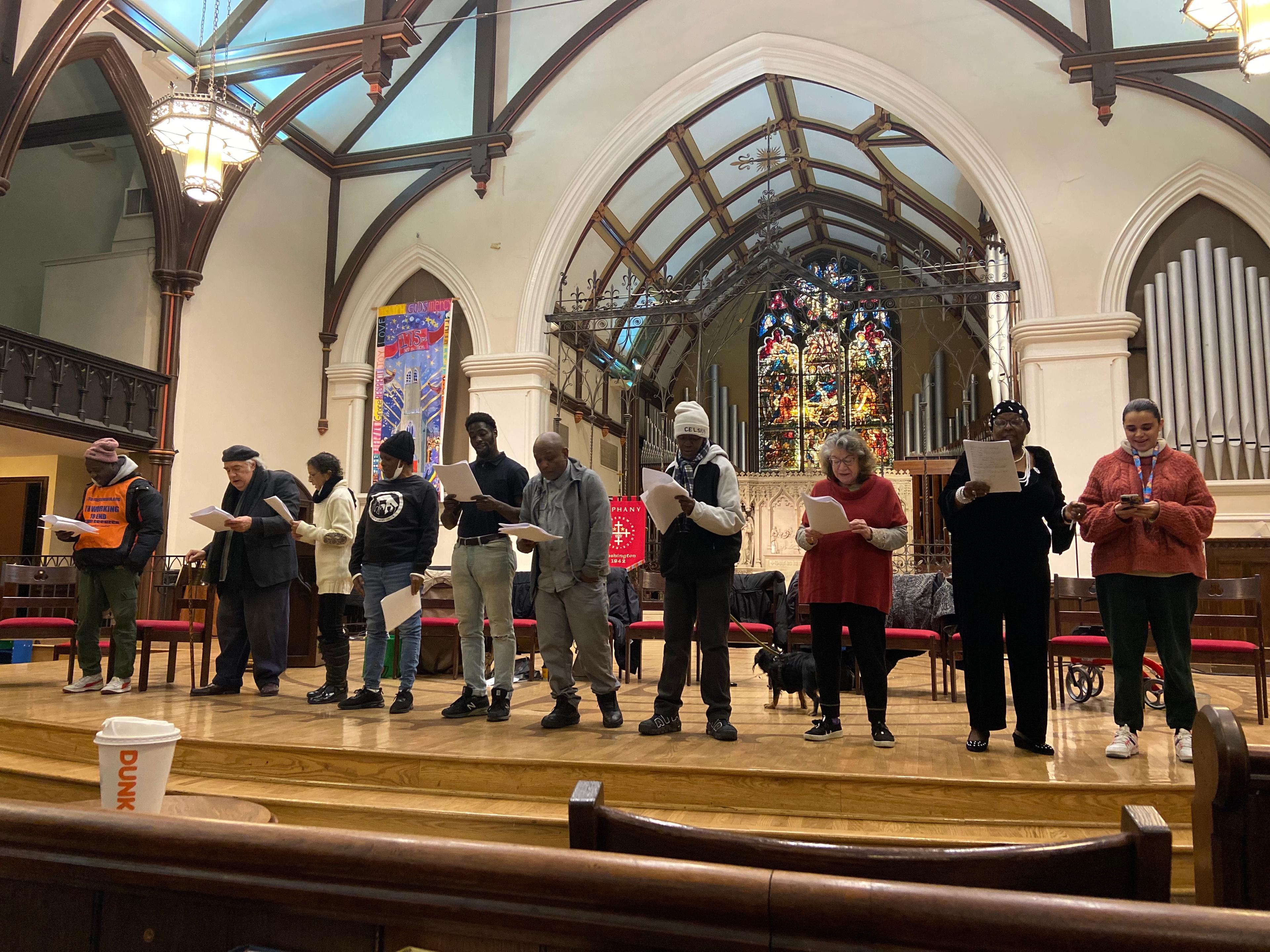
Street Sense Media vendors stage play exploring solutions to homelessness
Read more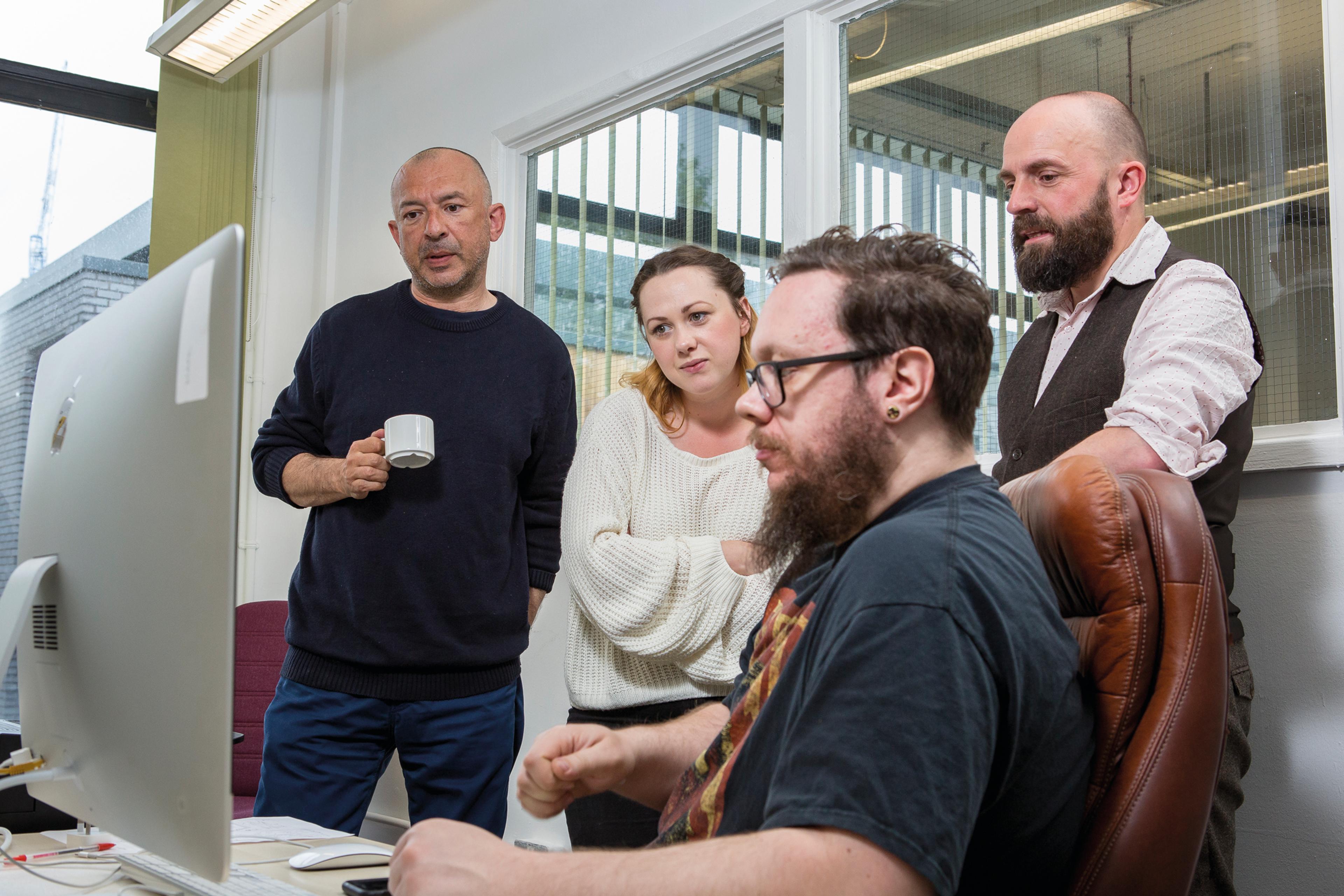
Big Issue North editor Kevin Gopal: “I’ve been editor through the financial crash, austerity and now the cost of living crisis. What does marginalisation mean when nearly everyone’s being pushed to the margins?”
Read more